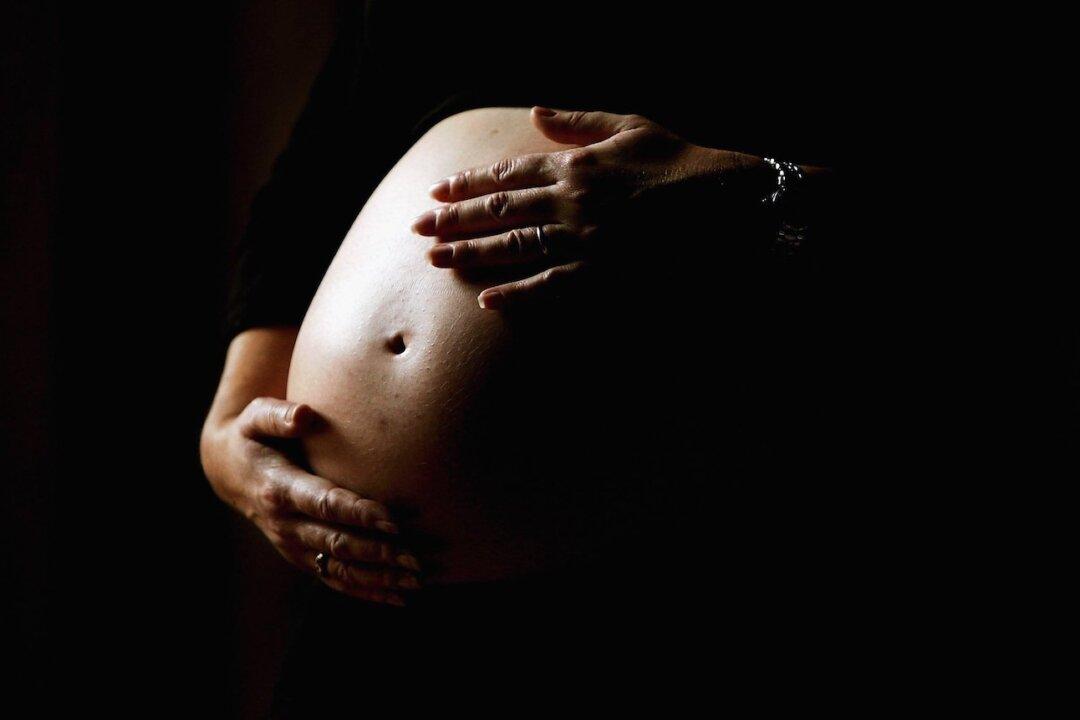Pro-life pregnancy centres are expressing concern about proposed federal legislation requiring charities to disclose whether they provide abortion services or risk losing their charitable status.
Some managers affiliated with such charities say the legislation implies these centres have an agenda to push their beliefs on unwilling women and girls.





